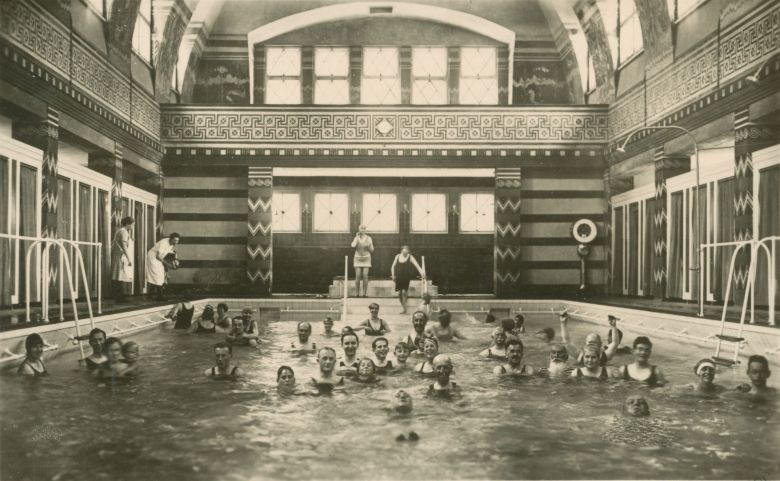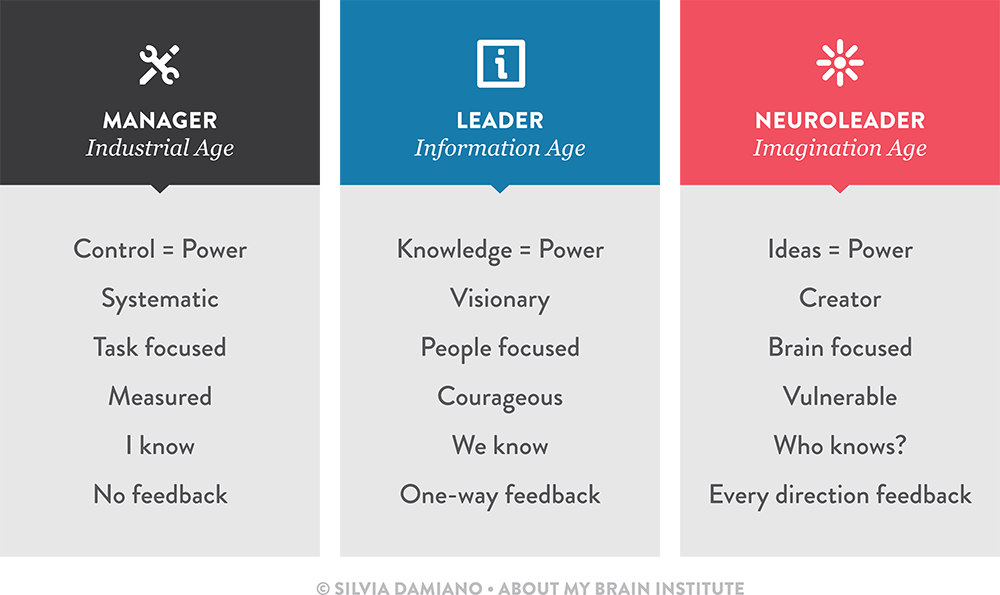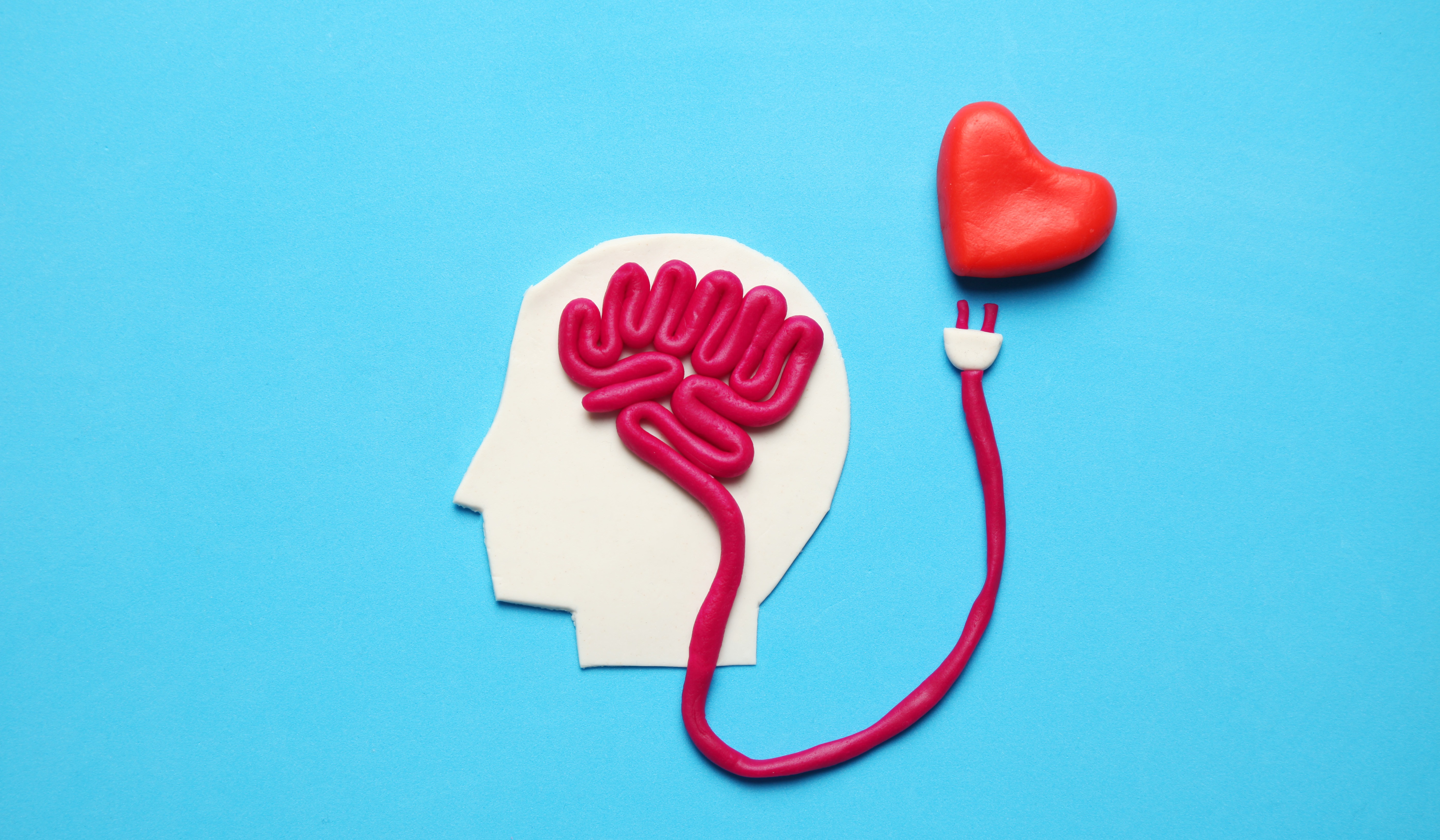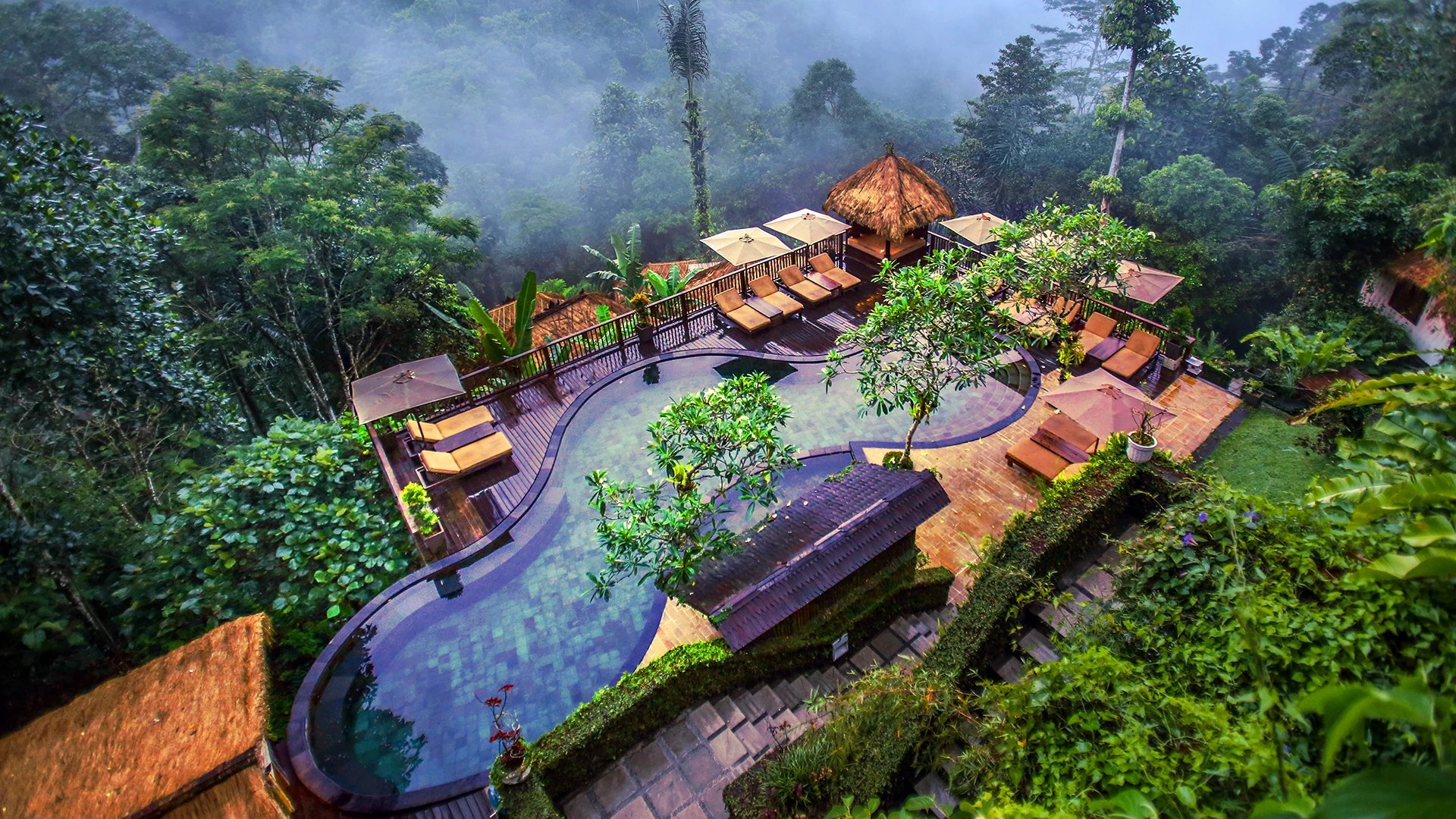A 100-Year Perspective on How Leadership and Wellbeing Have Changed
As we navigate the complexities of the modern world, the interplay between effective leadership and personal wellbeing has never been more crucial. Reflecting on the past century allows us to appreciate how leadership styles and practices, as well as approaches to wellbeing, have evolved over time. Let's delve into a comparison of leadership and wellbeing practices from a hundred years ago to today.
Leadership 100 years ago
Leadership: Then
A hundred years ago, leadership was often characterised by hierarchical structures, authoritative decision-making and a focus on command and control. In the aftermath of World War I, military leadership was prominent, with an emphasis on discipline, duty and strategic planning. Political leadership was shaped by post-war reconstruction efforts, industrial leadership drove economic growth and social leadership was fuelled by movements for equality and reform.
Leadership traits such as decisiveness, resilience, and charisma were valued and leaders were often seen as figures of authority to be followed and obeyed. The concept of leadership development and emotional intelligence was in its infancy, with leadership often viewed as an innate quality rather than a skill to be cultivated.
Wellbeing: Then
A hundred years ago, wellbeing practices were often intertwined with leisure activities and natural remedies. Health resorts, sanatoriums and spas offered treatments for physical ailments and stress relief, incorporating elements such as hydrotherapy, fresh air and outdoor activities. Mental health awareness was limited and there was a stigma surrounding issues such as depression and anxiety.
The pursuit of wellbeing was often seen as a luxury reserved for the affluent, with limited access to resources and information for the broader population. However, there was growing recognition of the importance of physical health, particularly in the context of industrialisation and urbanisation.

Spa treatment in the Alps - Thermal swimming pool at Bad Ragaz
Leadership in the 21st Century
Leadership: Now
In the present day, leadership has undergone a profound transformation, moving towards more collaborative, inclusive and empathetic approaches. Hierarchical structures are giving way to flatter organisational models, with an emphasis on teamwork, communication and shared decision-making. Servant leadership, which prioritises the needs of others and fosters a sense of community, has gained traction.
Leadership development programs focus not only on technical skills but also on emotional intelligence, self-awareness and empathy. Authenticity, transparency and adaptability are valued traits in leaders, who are expected to inspire trust and motivate others through purpose-driven leadership.
Wellbeing: Now
Today, wellbeing is recognised as a multifaceted concept encompassing physical, mental and emotional health. There is a growing awareness of the importance of mental health, with initiatives to reduce stigma and increase access to support services. Workplace wellbeing programs offer resources for stress management, mindfulness and work-life balance, recognising the impact of a healthy workforce on productivity and retention.
Wellbeing practices have become more accessible and diverse, with a wealth of information and resources available online. Mindfulness meditation, yoga and holistic therapies have gained popularity, reflecting a shift towards preventive and holistic approaches to health and wellness.
Nandini Jungle By Hanging Gardens
Join us to continue evolving
The comparison of leadership and wellbeing practices from a hundred years ago to today highlights the evolution of attitudes, values and priorities over time. While traditional leadership models emphasised authority and control, contemporary leadership is characterised by collaboration, empathy and authenticity. Similarly, wellbeing practices have evolved from a focus on physical health to a holistic approach encompassing mental and emotional wellbeing.

As we continue to navigate the challenges of the 21st century, integrating effective leadership with holistic wellbeing practices will be essential for creating healthy, resilient and thriving communities and organisations. By drawing insights from the past and embracing innovative approaches, we can cultivate cultures of leadership and wellbeing that empower individuals to reach their full potential and contribute to a better world. This is the foundational step of our upcoming i4 Neuroleader™ Methodology Certification in Bali.
We invite you to join us and paint the picture of the future together.
- i4 Neuroleader (353)
- Leadership & Culture (337)
- Brain Health & Wellbeing (206)
- Innovation (97)
- Performance (85)
- Our News (79)
- Collaboration (68)
- Agility (53)
- Practitioner Stories (44)
- In The Press (36)
- Make Me A Leader (33)
- Balance (31)
- Integration (30)
- Imagination (29)
- Awareness (23)
- Brain-Friendly Channel (22)
- Brain-Friendly Leadership (22)
- Communication (22)
- Curiosity (21)
- Inspiration (19)
- Intuition (19)
- Attitude (17)
- Courage (16)
- Adaptability (14)
- Case Studies (14)
- Drive (14)
- Generosity (13)
- Ethics (9)
- Mental Readiness (9)
- Influence (8)
- Retreat (8)
- Brain-Friendly Leadership (1)
- Oracle Cards (1)
- 1 February 2026 (1)
- 1 November 2025 (2)
- 1 September 2025 (3)
- 1 August 2025 (5)
- 1 July 2025 (5)
- 1 June 2025 (2)
- 1 April 2025 (1)
- 1 March 2025 (8)
- 1 February 2025 (3)
- 1 September 2024 (4)
- 1 July 2024 (2)
- 1 June 2024 (6)
- 1 May 2024 (2)
- 1 April 2024 (3)
- 1 March 2024 (1)
- 1 November 2023 (1)
- 1 August 2023 (1)
- 1 July 2023 (2)
- 1 June 2023 (2)
- 1 May 2023 (4)
- 1 April 2023 (2)
- 1 March 2023 (7)
- 1 February 2023 (4)
- 1 January 2023 (1)
- 1 September 2022 (1)
- 1 May 2022 (3)
- 1 April 2022 (1)
- 1 March 2022 (5)
- 1 February 2022 (4)
- 1 January 2022 (4)
- 1 December 2021 (2)
- 1 November 2021 (4)
- 1 October 2021 (3)
- 1 September 2021 (6)
- 1 August 2021 (1)
- 1 April 2021 (1)
- 1 December 2020 (2)
- 1 November 2020 (1)
- 1 September 2020 (1)
- 1 August 2020 (1)
- 1 July 2020 (3)
- 1 June 2020 (4)
- 1 May 2020 (3)
- 1 April 2020 (4)
- 1 March 2020 (6)
- 1 February 2020 (4)
- 1 January 2020 (2)
- 1 December 2019 (3)
- 1 November 2019 (3)
- 1 October 2019 (5)
- 1 September 2019 (4)
- 1 August 2019 (4)
- 1 July 2019 (4)
- 1 June 2019 (5)
- 1 May 2019 (9)
- 1 April 2019 (9)
- 1 March 2019 (8)
- 1 February 2019 (7)
- 1 January 2019 (8)
- 1 December 2018 (5)
- 1 November 2018 (10)
- 1 October 2018 (16)
- 1 September 2018 (9)
- 1 August 2018 (10)
- 1 July 2018 (9)
- 1 June 2018 (8)
- 1 May 2018 (9)
- 1 April 2018 (9)
- 1 March 2018 (9)
- 1 February 2018 (8)
- 1 January 2018 (8)
- 1 December 2017 (6)
- 1 November 2017 (9)
- 1 October 2017 (9)
- 1 September 2017 (8)
- 1 August 2017 (10)
- 1 July 2017 (8)
- 1 June 2017 (8)
- 1 May 2017 (9)
- 1 April 2017 (8)
- 1 March 2017 (6)
- 1 January 2017 (3)
- 1 December 2016 (4)
- 1 November 2016 (5)
- 1 October 2016 (4)
- 1 September 2016 (2)
- 1 August 2016 (4)
- 1 July 2016 (4)
- 1 June 2016 (2)
- 1 May 2016 (3)
- 1 April 2016 (3)
- 1 March 2016 (7)
- 1 February 2016 (2)
- 1 January 2016 (5)
- 1 December 2015 (2)
- 1 November 2015 (2)
- 1 October 2015 (4)
- 1 September 2015 (2)
- 1 August 2015 (2)
- 1 July 2015 (1)
- 1 June 2015 (3)
- 1 May 2015 (4)
- 1 April 2015 (5)
- 1 March 2015 (3)
- 1 February 2015 (3)
- 1 January 2015 (3)
- 1 December 2014 (3)
- 1 November 2014 (3)
- 1 October 2014 (3)
- 1 September 2014 (5)
- 1 August 2014 (4)
- 1 July 2014 (5)
- 1 June 2014 (3)
- 1 May 2014 (1)
- 1 March 2014 (1)
- 1 December 2013 (2)
- 1 November 2013 (1)
- 1 July 2013 (1)
- 1 June 2013 (1)
- 1 May 2013 (3)
- 1 April 2013 (1)
- 1 March 2013 (2)
- 1 February 2013 (1)
- 1 January 2013 (2)
- 1 November 2012 (1)
- 1 October 2012 (1)
- 1 September 2012 (1)
- 1 August 2012 (2)
- 1 July 2012 (1)
- 1 June 2012 (1)
- 1 May 2012 (2)
- 1 April 2012 (1)
- 1 February 2012 (1)
- 1 January 2012 (1)
- 1 November 2011 (1)
- 1 October 2011 (3)
- 1 September 2011 (2)
- 1 July 2011 (1)
- 1 June 2011 (1)
- 1 May 2011 (1)
- 1 April 2011 (1)
- 1 March 2011 (1)
- 1 February 2011 (2)
- 1 January 2011 (4)
- 1 December 2010 (4)
- 1 November 2010 (3)
- 1 October 2010 (5)
- 1 September 2010 (4)
- 1 August 2010 (4)
- 1 July 2010 (3)
- 1 June 2010 (4)
- 1 May 2010 (7)
- 1 April 2010 (5)
Subscribe by email
You May Also Like
These Related Stories

Is Your Gut Holding You Back?

How To Maintain A Healthy Brain





No Comments Yet
Let us know what you think